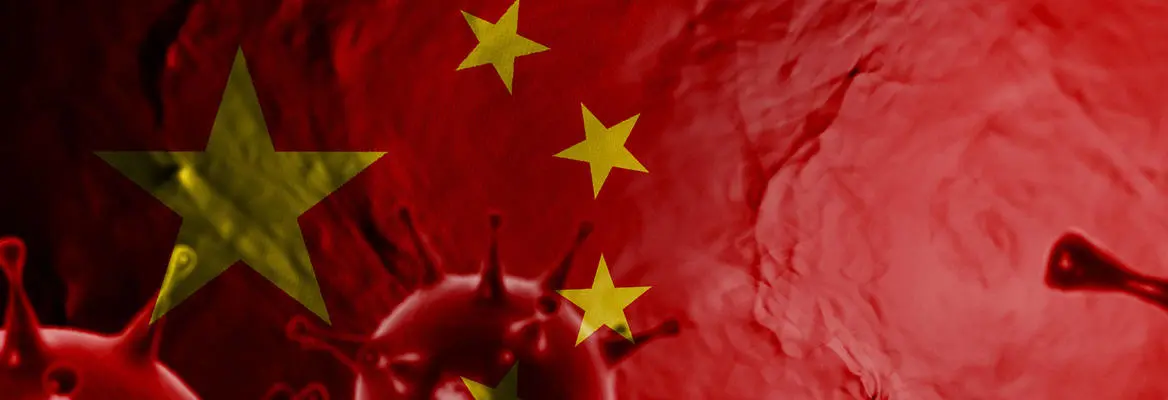China's collectivist response and the strict authoritarian measures implemented to combat coronavirus cannot be understood as the product of a single ideological perspective. The Marxist-Leninist ideals that underlie Chinese government and the Confucian principles that permeate Chinese society can both be found in the superpower's Covid-19 response.
Just as the coronavirus crisis is set to peak in Europe, and is mounting in severity in the US, it looks as if it may be slowing down in the country where it started: China. China’s role in the crisis has been subjected to a great deal of analysis in the past few weeks, ranging from awe at the building of a new hospital in Wuhan in the space of a week, and approval of the firmness of the lockdown in the city, to suspicions about how accurate the low mortality rate reported in China really is, and anger at attempts by Chinese social media influencers to imply that the source of the original infection came from the US. On the virus, as in other areas – 5G technology, the development of a surveillance society, the climate emergency – China tends to generate apocalyptic stories in which it will either be the saviour of the world, or its destroyer.
The reality, as ever, is likely to be more measured. There is no going back to a world, now twenty years past, where China’s economic influence and authoritarian system had little significance for the liberal world. Yet China is still a relatively poor country on a per capita basis that is struggling to create a wider sense of its own geopolitical role. To understand why China appears so confusing to the wider world, it’s worth examining the different aspects of the complex ideological mixture that has marked its response to the virus. Those aspects do not just apply to disease control; they express something more fundamental about the contradictions that have always made up Chinese society, and continue to do so now.
There is genuinely a more collectivist response to crisis in China than in many liberal societies.
One significant problem of interpreting contemporary China is that observers can be trapped into believing that one framework is sufficient to explain things. One such framework is the idea that China is still, at heart, a typical Communist country, an escapee from the world of the 1960s that has somehow made its way into the present day but with improved AI and social media. Another is the thought that somehow, China’s modernity masks a society which has never really changed since the days of Confucius. Actually, both interpretations have some value to them. But not on their own.
It’s often said, rather carelessly, that China tends to be a more conformist society than those of the liberal, individualist west. Actually, if China were that conformist, its ruling party would not spend so much time trying to censor free speech, arrest dissidents and generally batten down so many attempts by its people to speak their minds.















Join the conversation